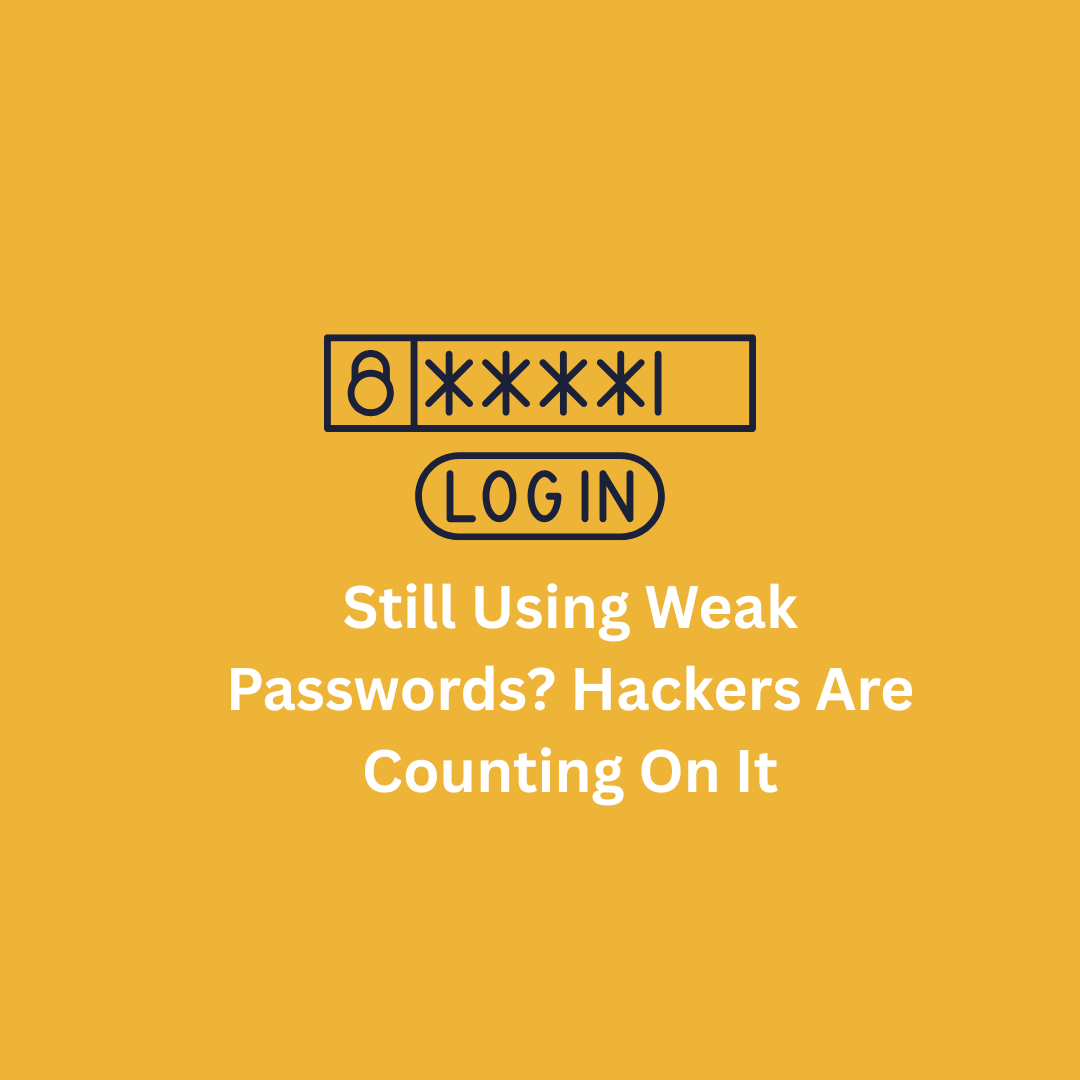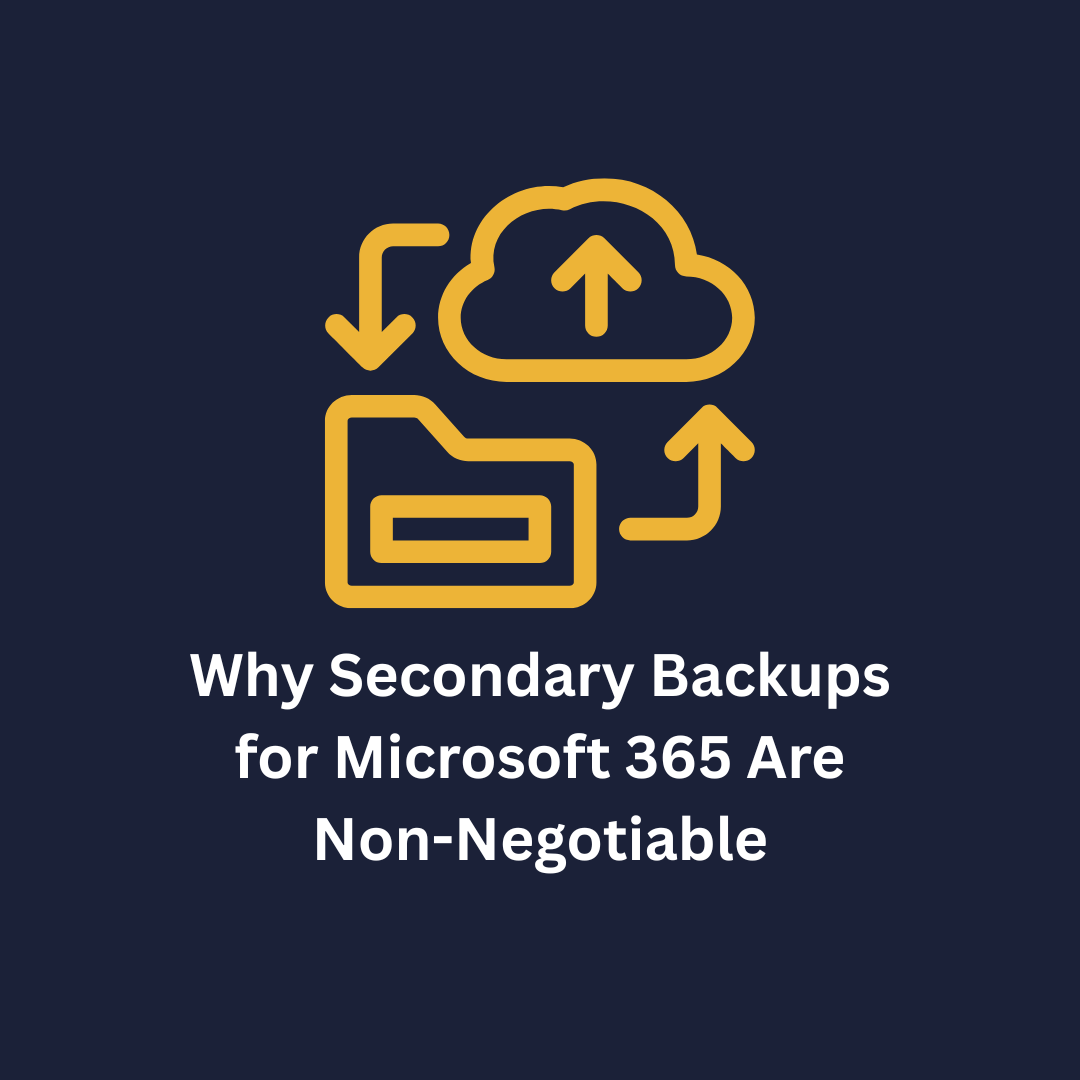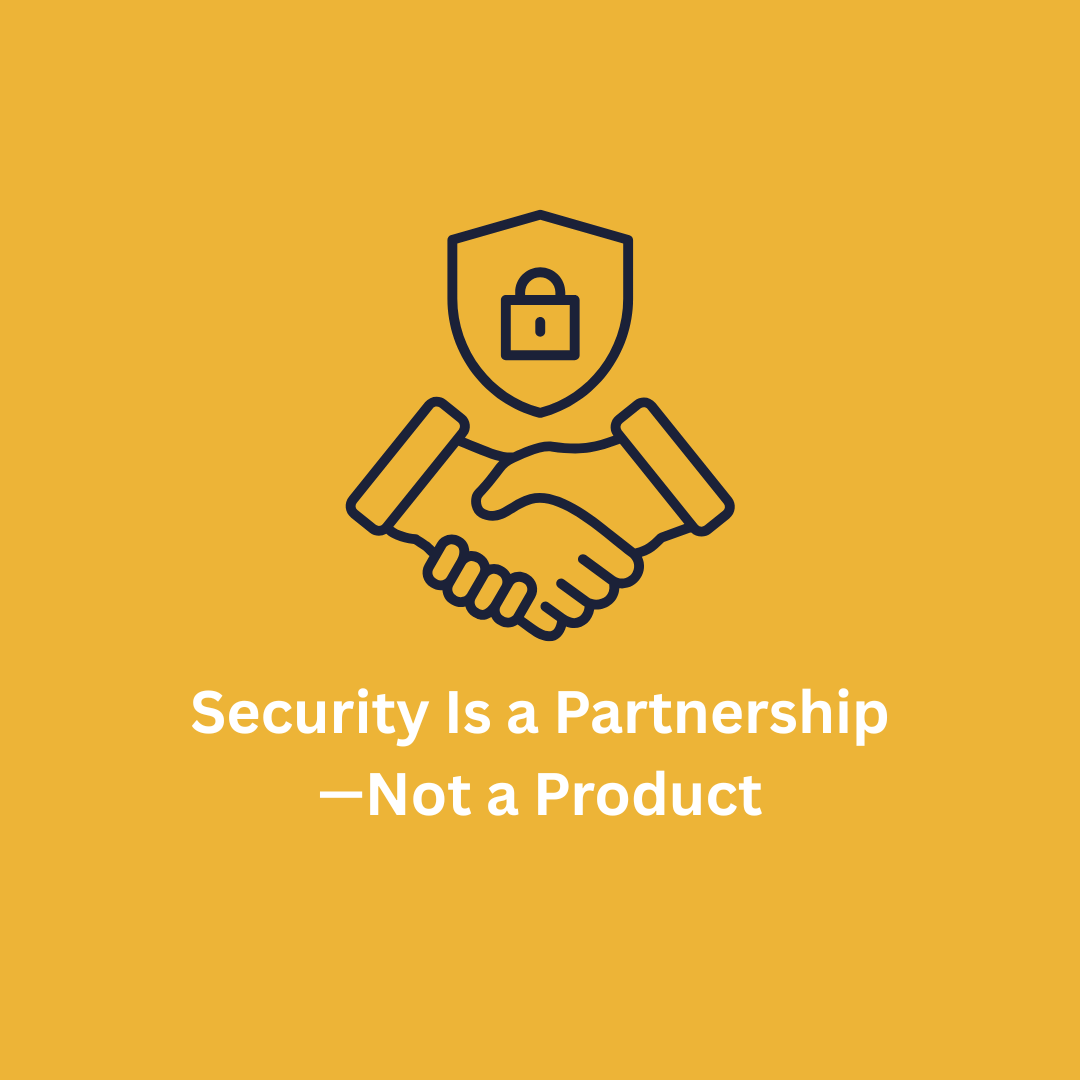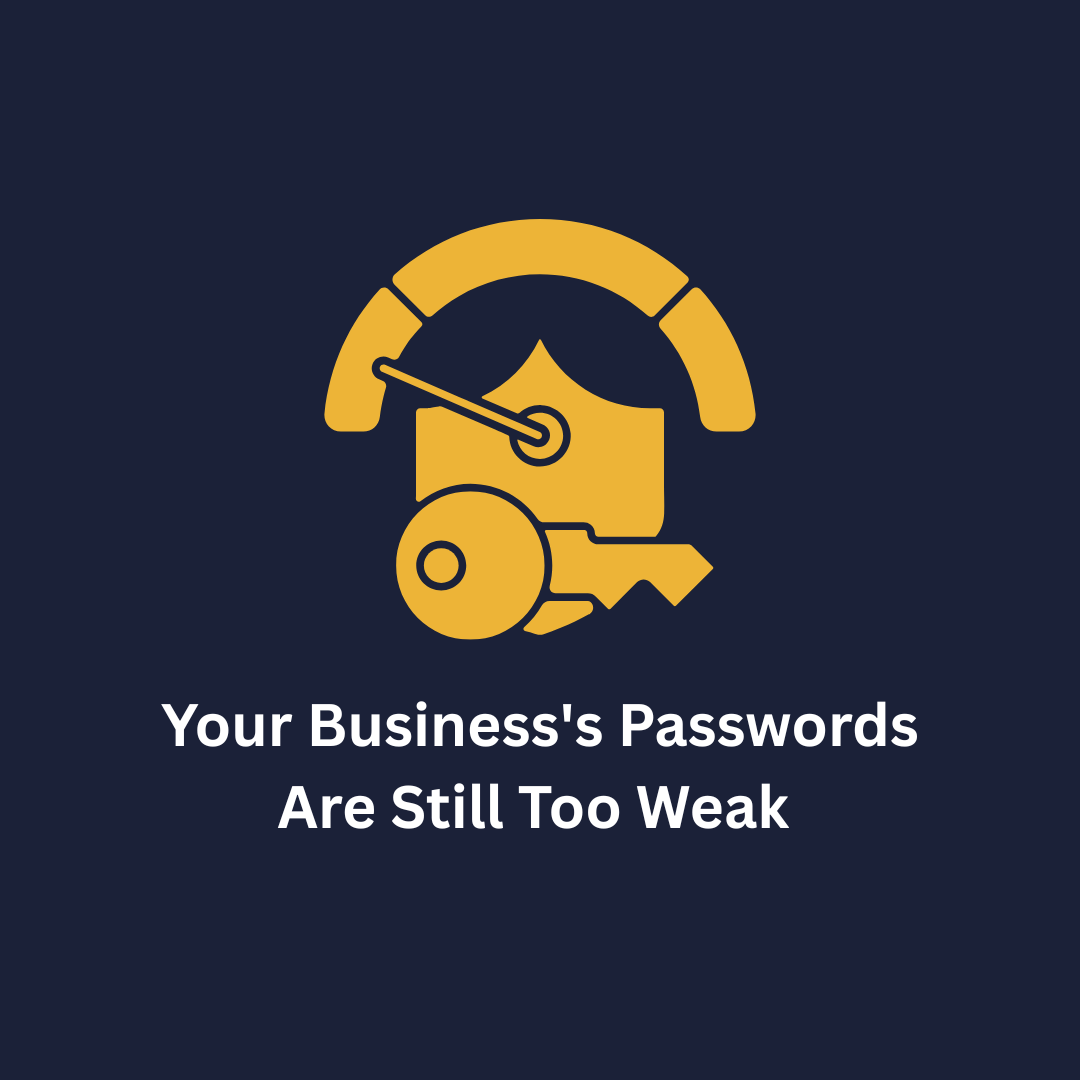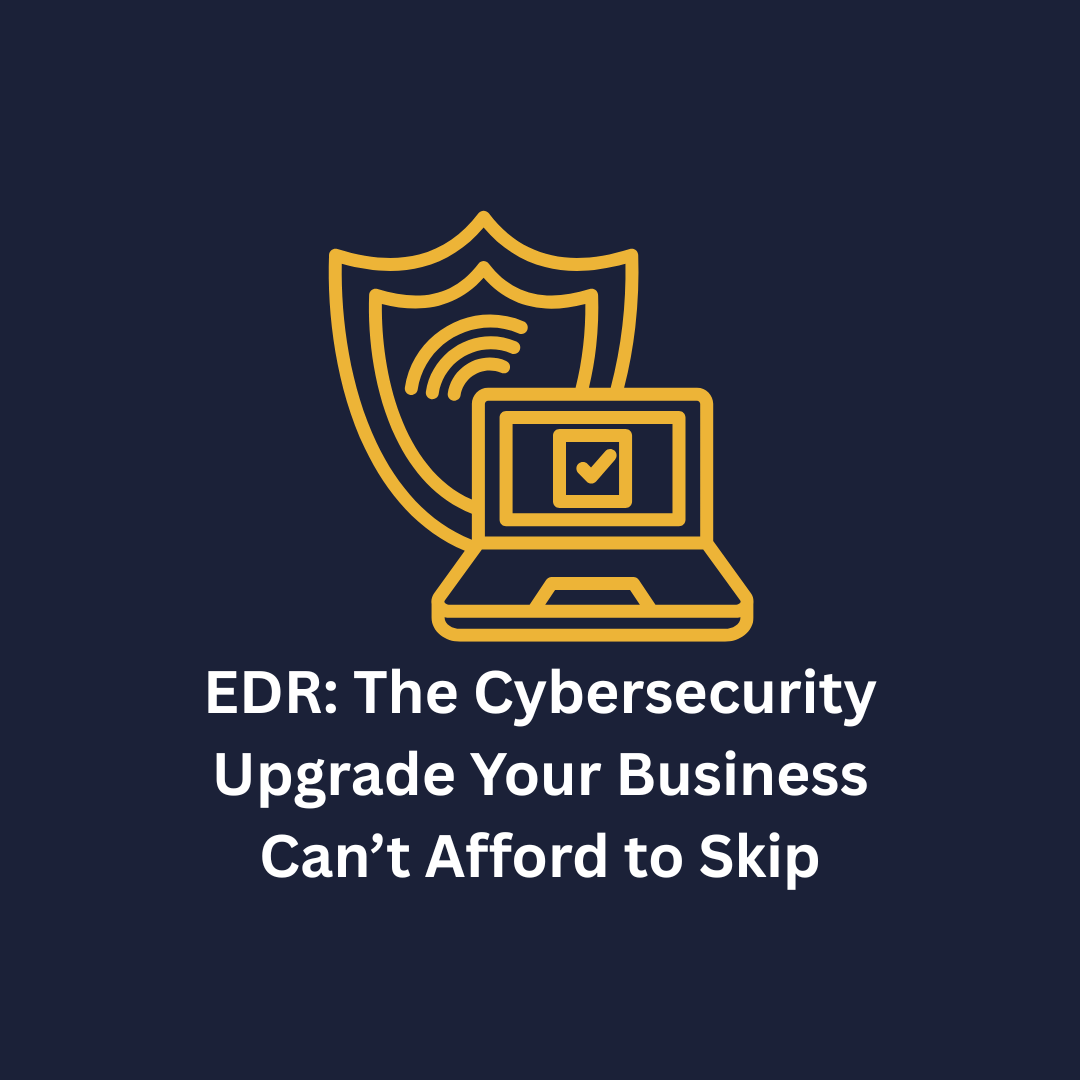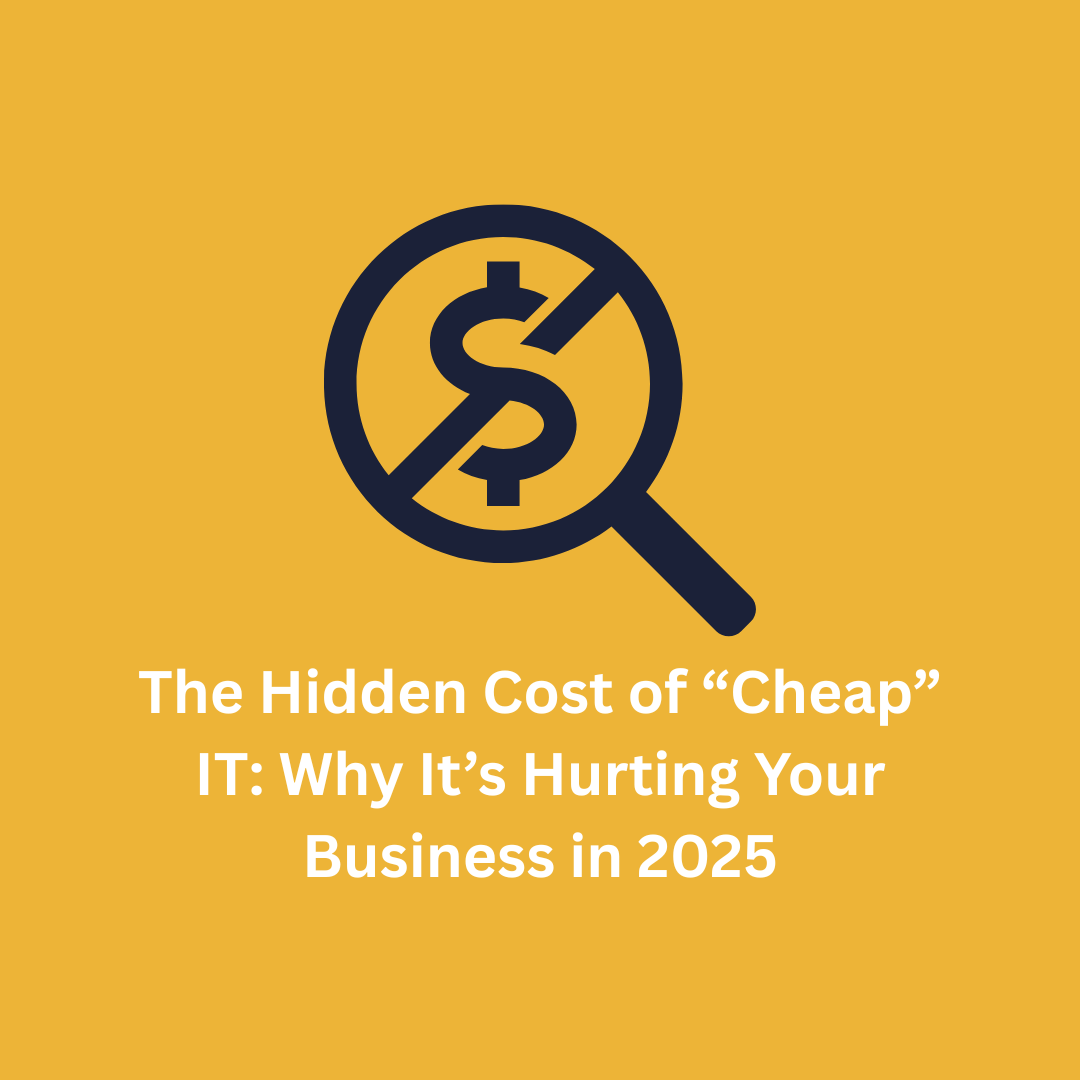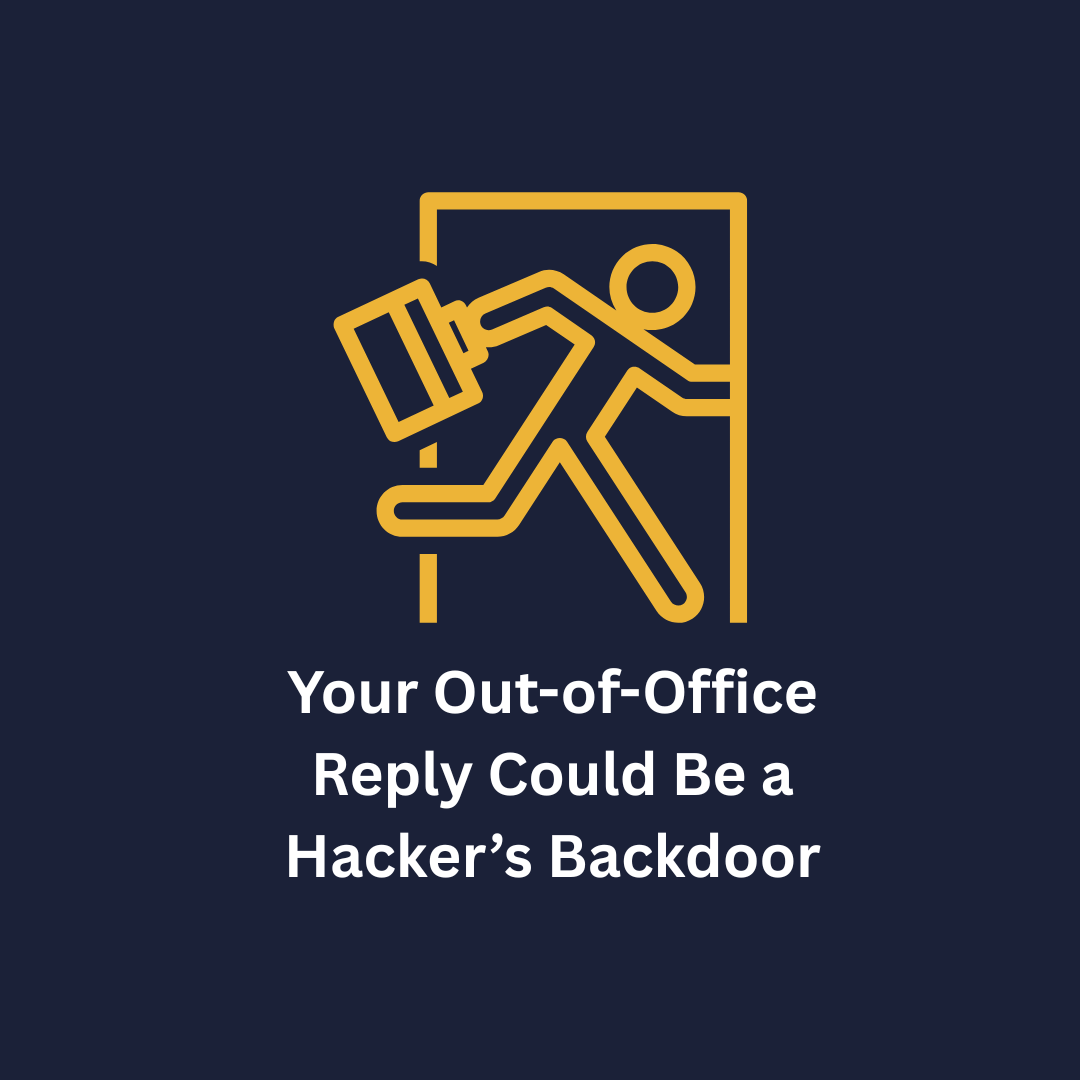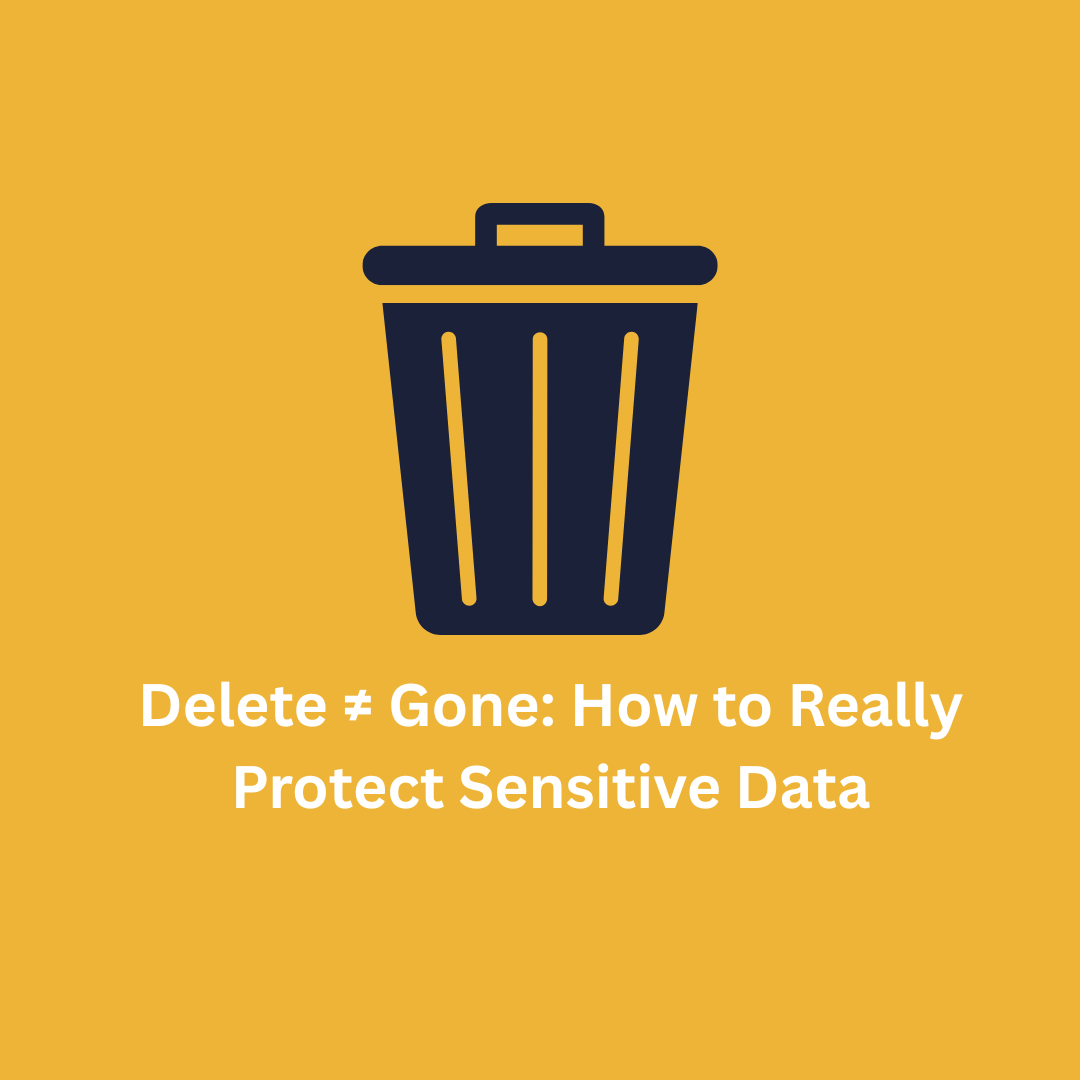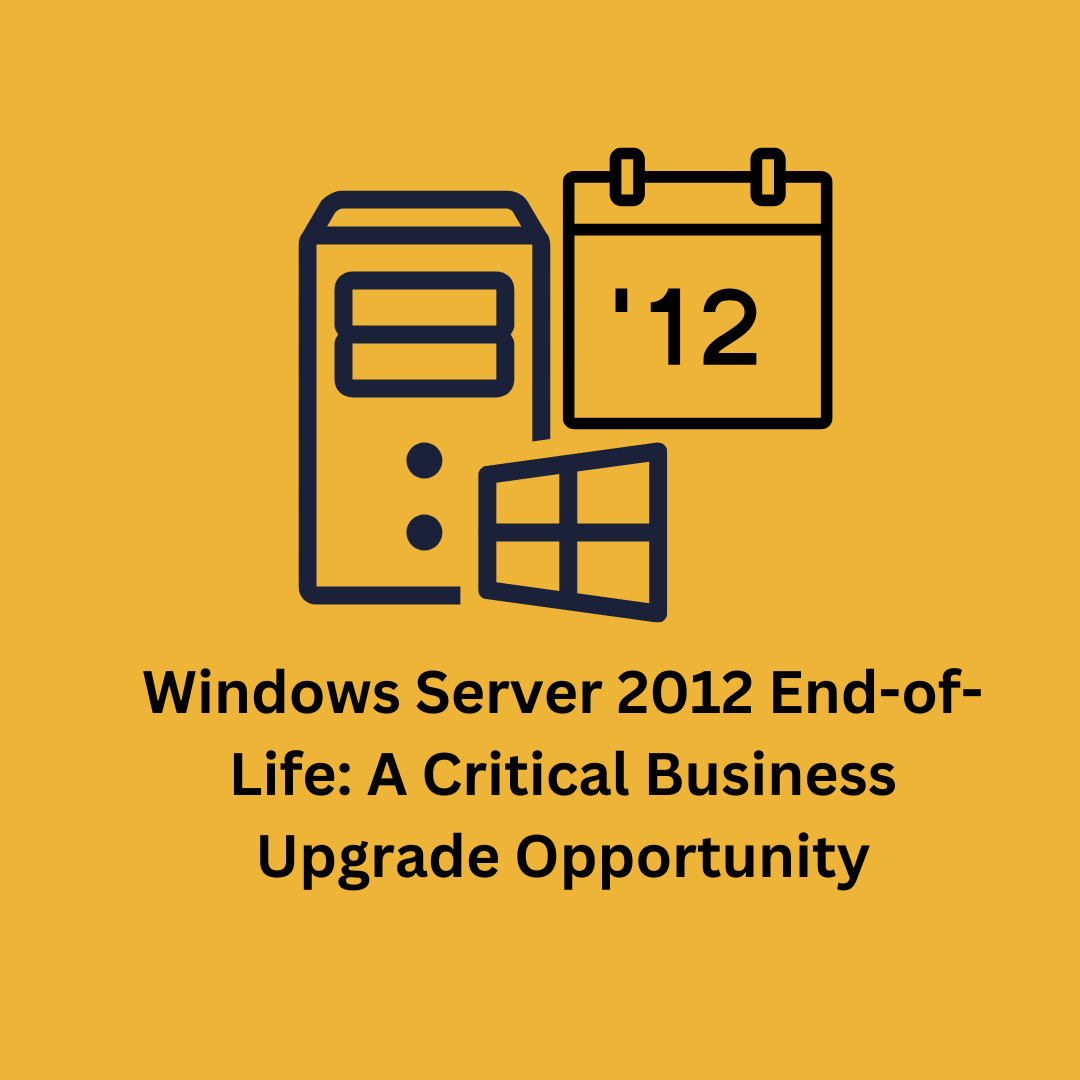Mixing Business with Personal: 6 Activities to Steer Clear of on Work Computers
Nobody likes to be told what they cannot do. Still, there are certain activities that you should keep in mind when it comes to your work computer. This article captures the top six uses you should avoid doing on your work computer.
1. Do not login to personal sites and services.
Sure, we are all guilty of wanting to check our personal email or take a quick peek at social media while at work, but you do not want to login to your personal accounts on a work computer, especially not a shared one!
Browsers that remember our passwords to sites such as Facebook or your bank can be useful. How many different passwords can one human be expected to remember after all? But letting the browser save your personal access credentials risks your security. The next person to use that computer could access your personal data.
Be sure to never use your personal e-mail accounts for business use. This may be a violation of company policy and depending on the situation might be perceived by your employer as a violation of trust.
2. Do not allow unauthorized people onto your computer.
Your computer is not working the way you want it to, it is too slow. Something is up with an app. You are worried you’ve inadvertently downloaded malware onto your work device. It’s embarrassing so you call that friend you have that “knows computers.” With remote support software being so easy to use these days, you figure it is easier to ask your friend for help. Work does not even need to know.
But would you let that friend walk into the office and start working on your computer? Probably not. Your business has its own people it trusts to do work on its computers. Allowing unauthorized access is both a security and productivity risk. Plus, your computer could be set up in a specific way by your company. Your tech-savy friend will not know why and how those configurations were set up.
3. Do not store personal data.
We are all in favor of having more than one backup. Still, you do not want to make your work computer a storage solution for your personal data, because you cannot be sure that other people at work cannot look through your files.
You also run the risk of losing access to that data if your company goes out of business or lays staff off. Employee accounts can be wiped out by businesses when they sever relationships with staff.
4. Do not connect personal storage devices
USB thumb drives are convenient, as such drives help move data around easily. But the drive can be installed on many different computers and networks along the way. Connecting that USB to a work computer could transfer malware.
You really do not want to connect someone else’s storage device to your work computer. Criminals target organizations by leaving infected thumb drives in the parking lot. All they need is one person to pick up the drive and plug it into a work computer to gain access to the entire network. Trying to reunite the drive with its user, did not go over so well for that Good Samaritan!
5. Do not do your side business or job search.
You do not want to do these on a work computer unless you want to risk getting caught, because your computer activity can be tracked. Some businesses do full-blown screen recording. Others will keep an overview of sites you visit.
There are different laws in various states and countries about employee monitoring, but you are using a work device on a business network. Doing your own side project during work hours on the business computer will not go well.
6. Do not log on to public Wi-Fi
Do not log in to business applications or sensitive data connected to public Wi-Fi. There are many risks. You could end up:
- opening yourself up to “man-in-the-middle” hackers.
- connecting to a malicious hotspot.
- having your information stolen by transmitting data on an unencrypted network.
These behaviors could endanger your personal data, business network, or your very job. Avoid these common mistakes made on work computers. Your intentions may not be malicious; but can have dire unintended consequences. Be smart, be safe.
Need help? Is your company at risk by using personal or public e-mail accounts? Questions about this article? Contact us today at (877) 686-6642!


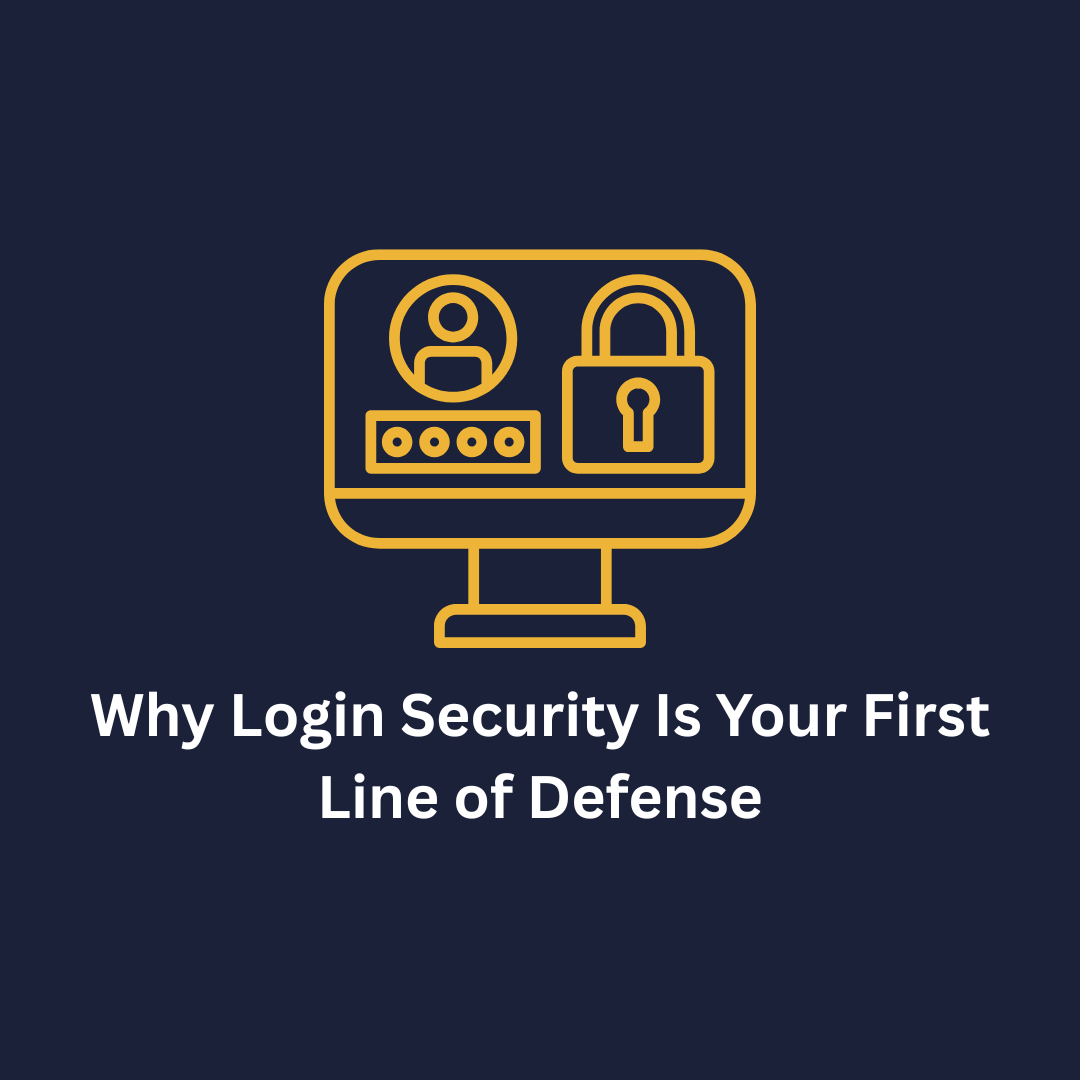
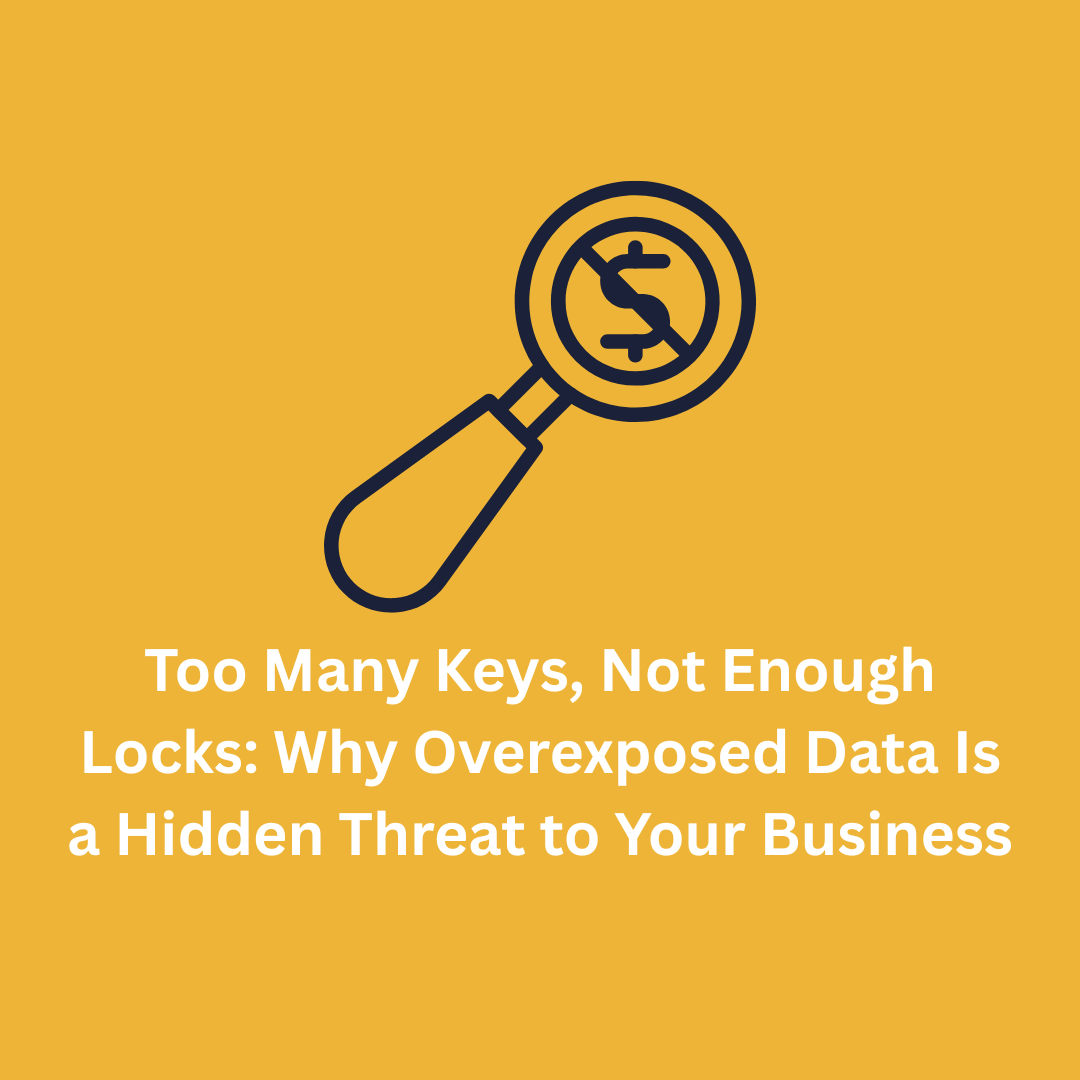
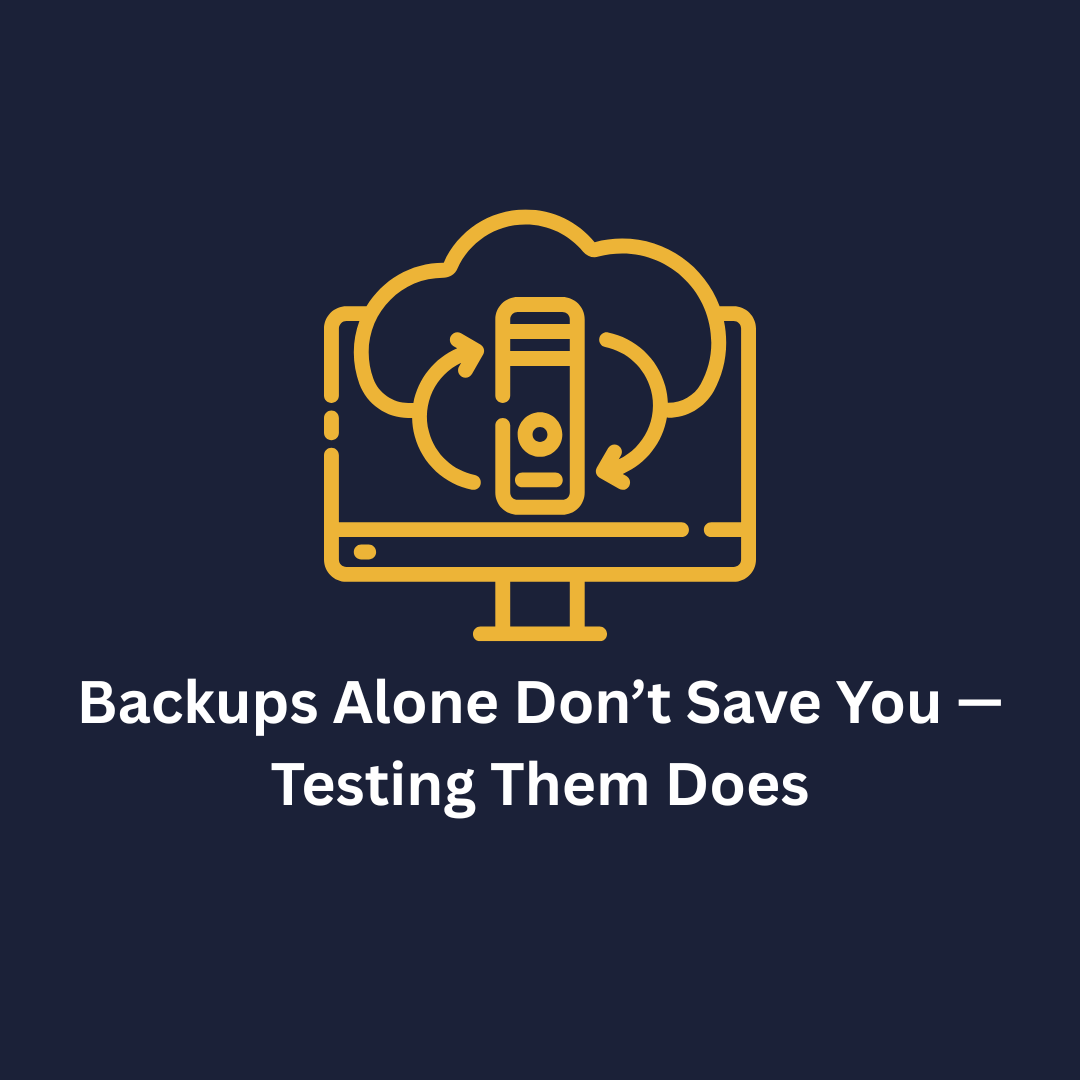
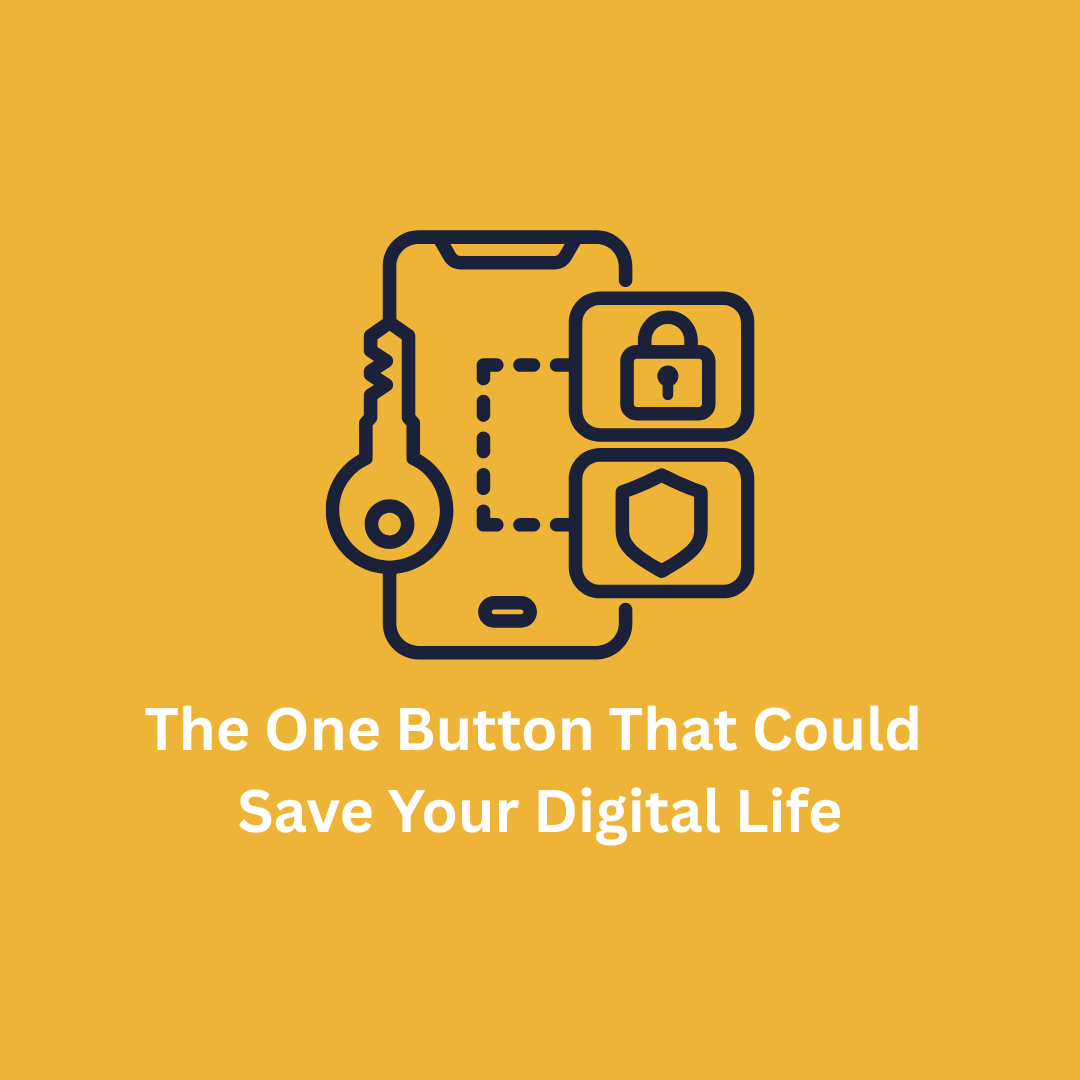
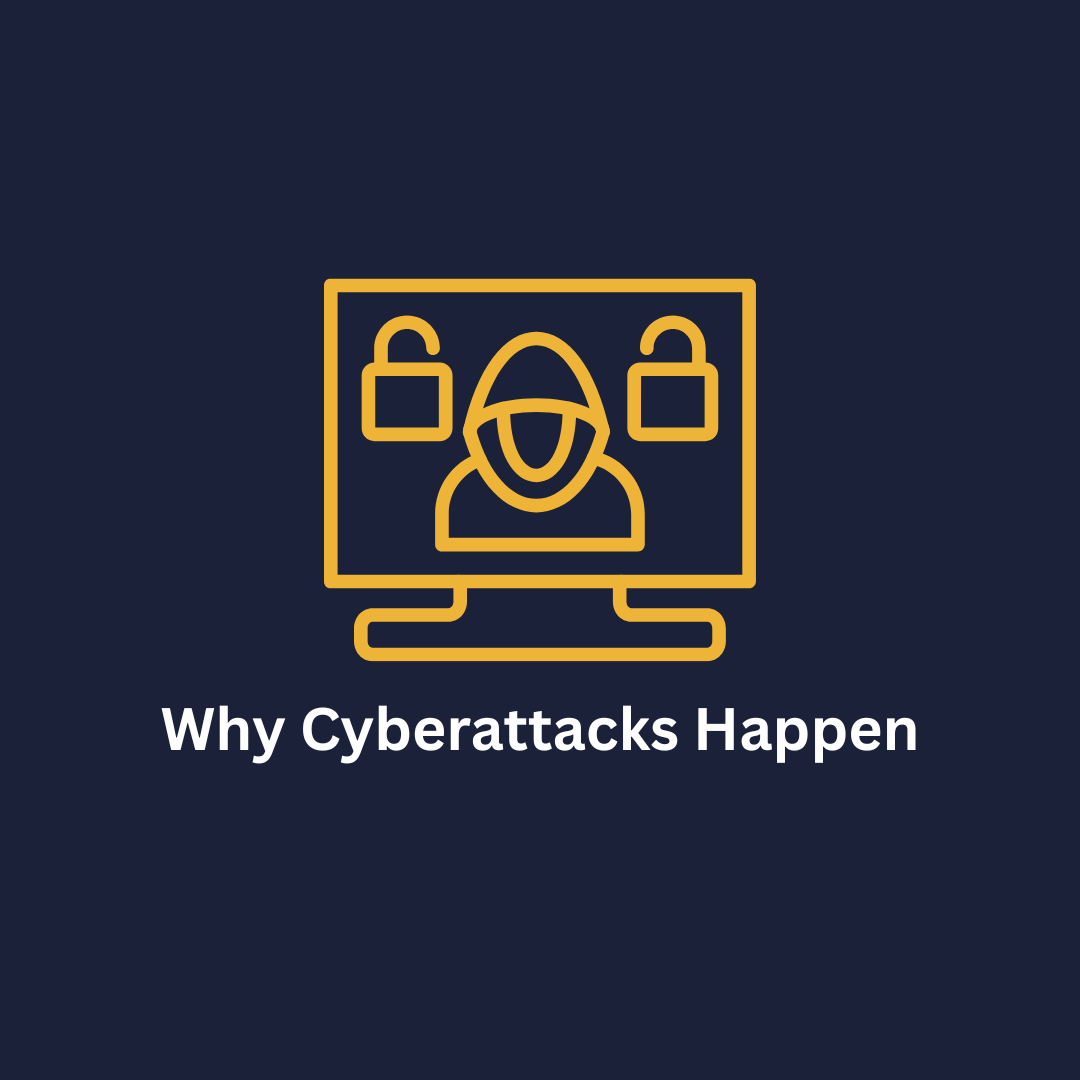

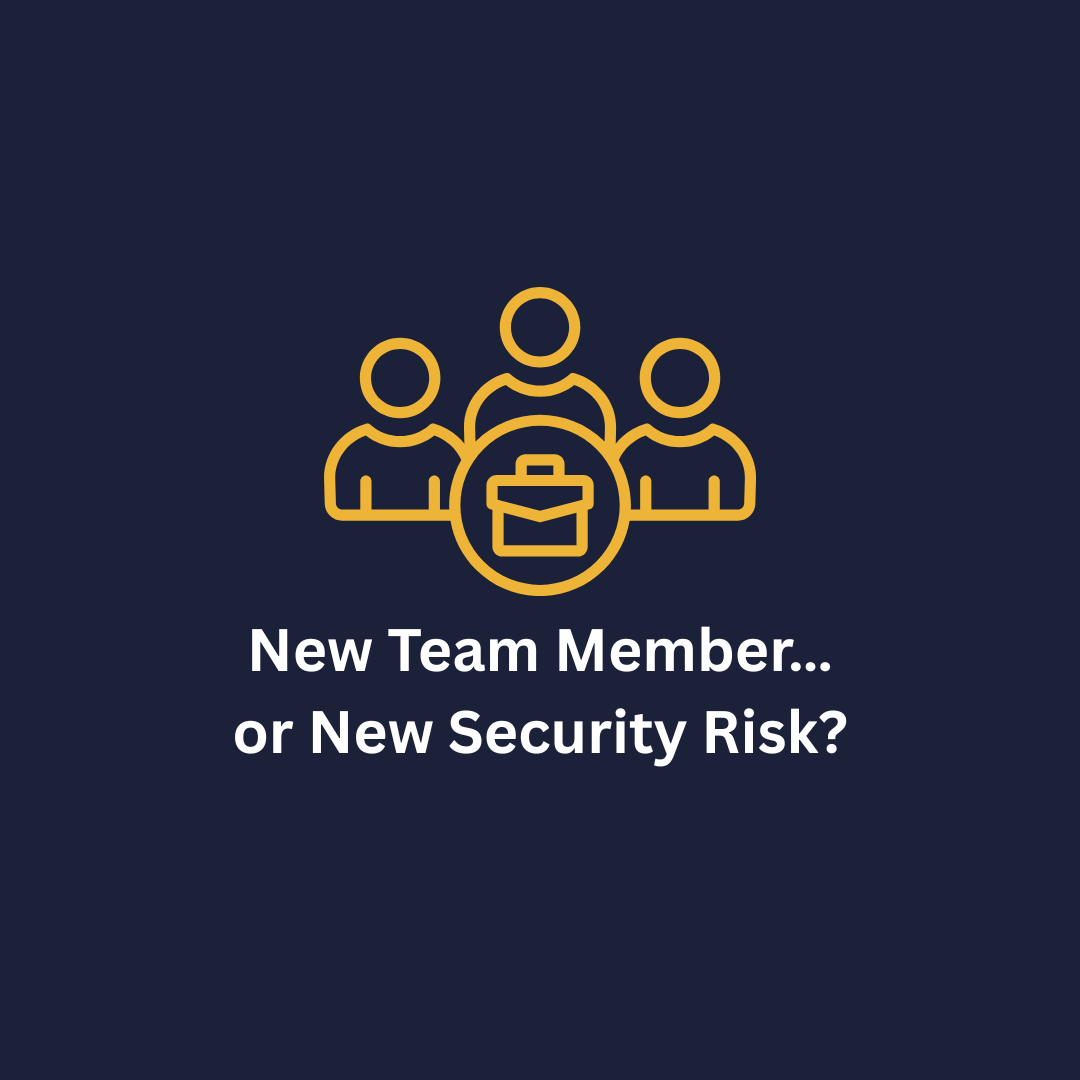
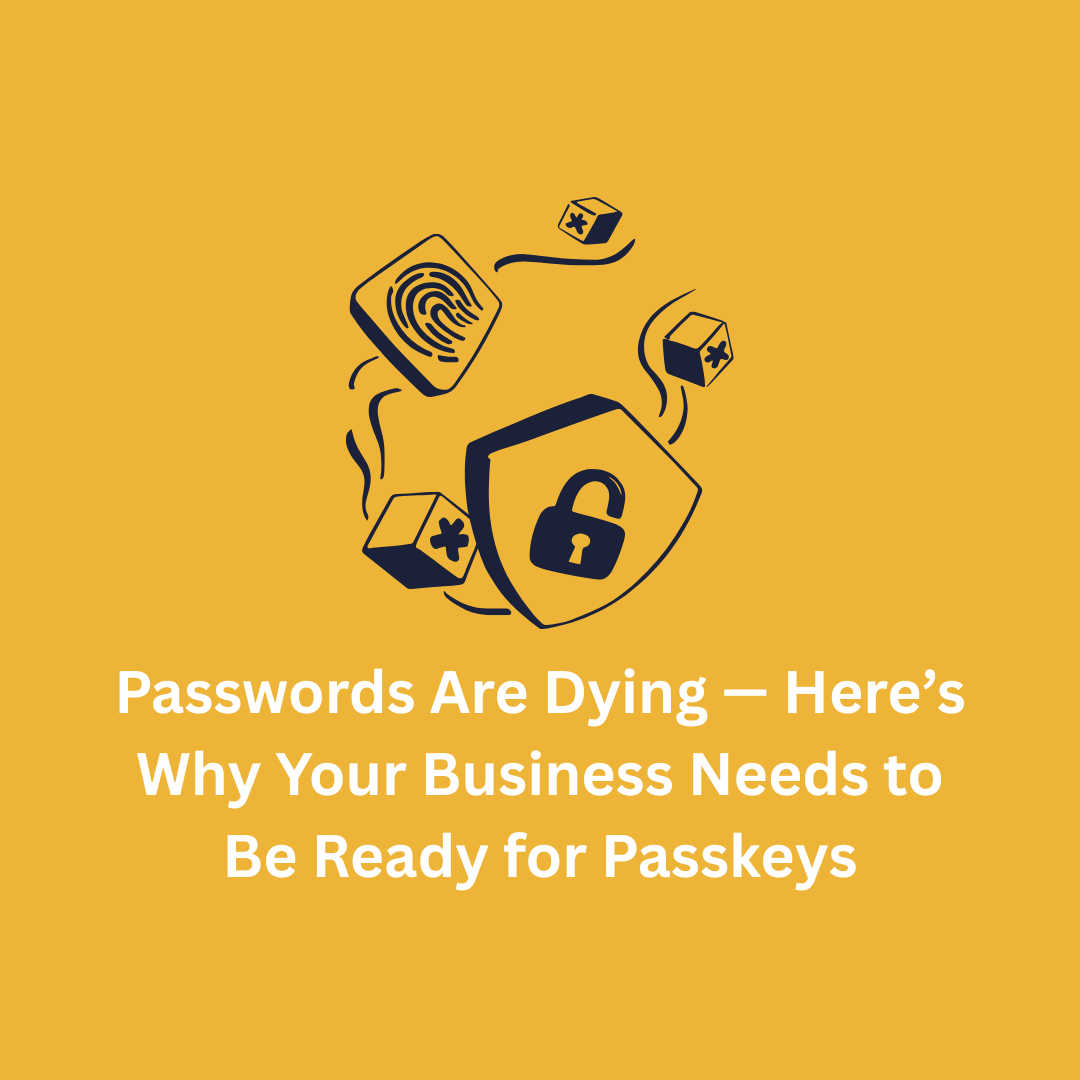
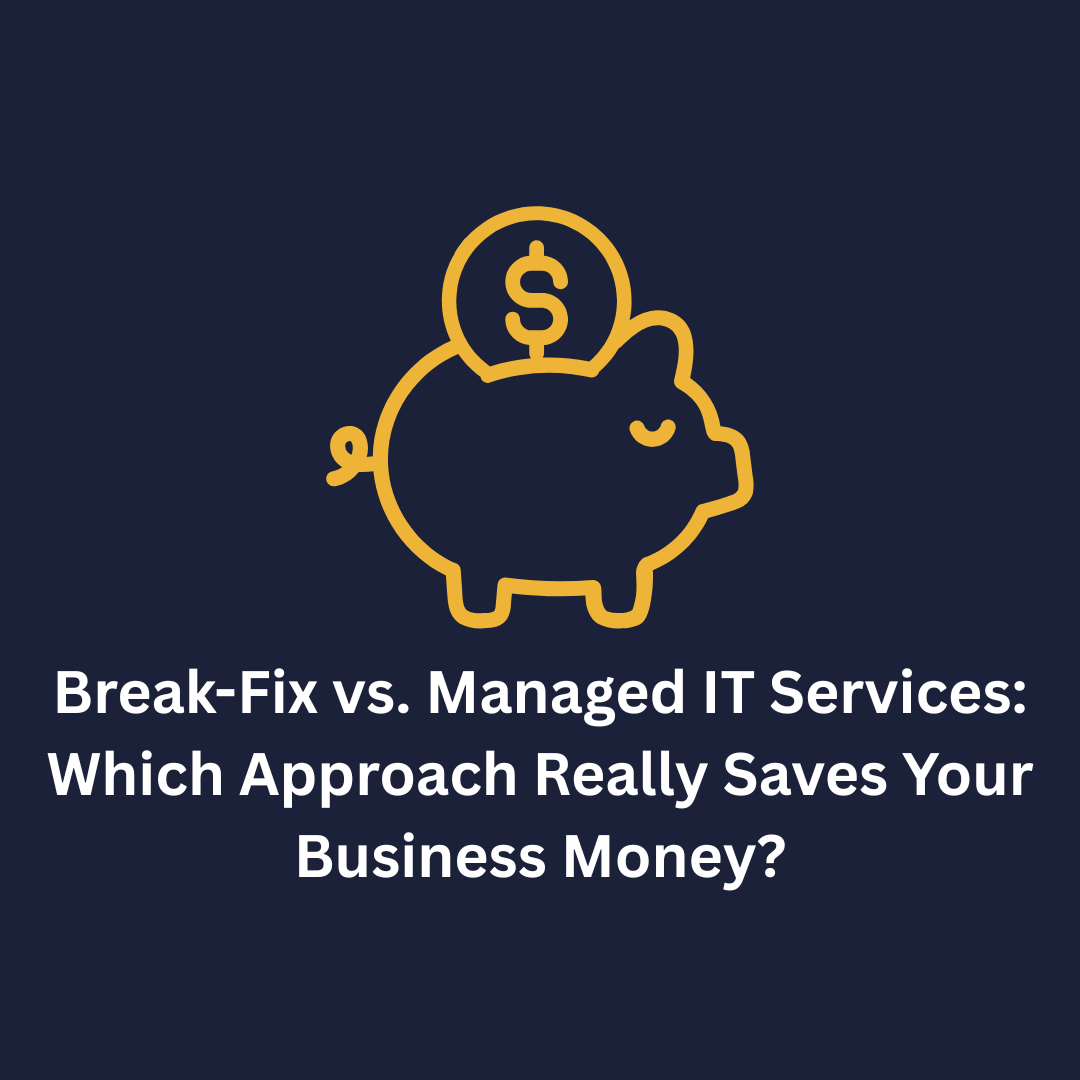


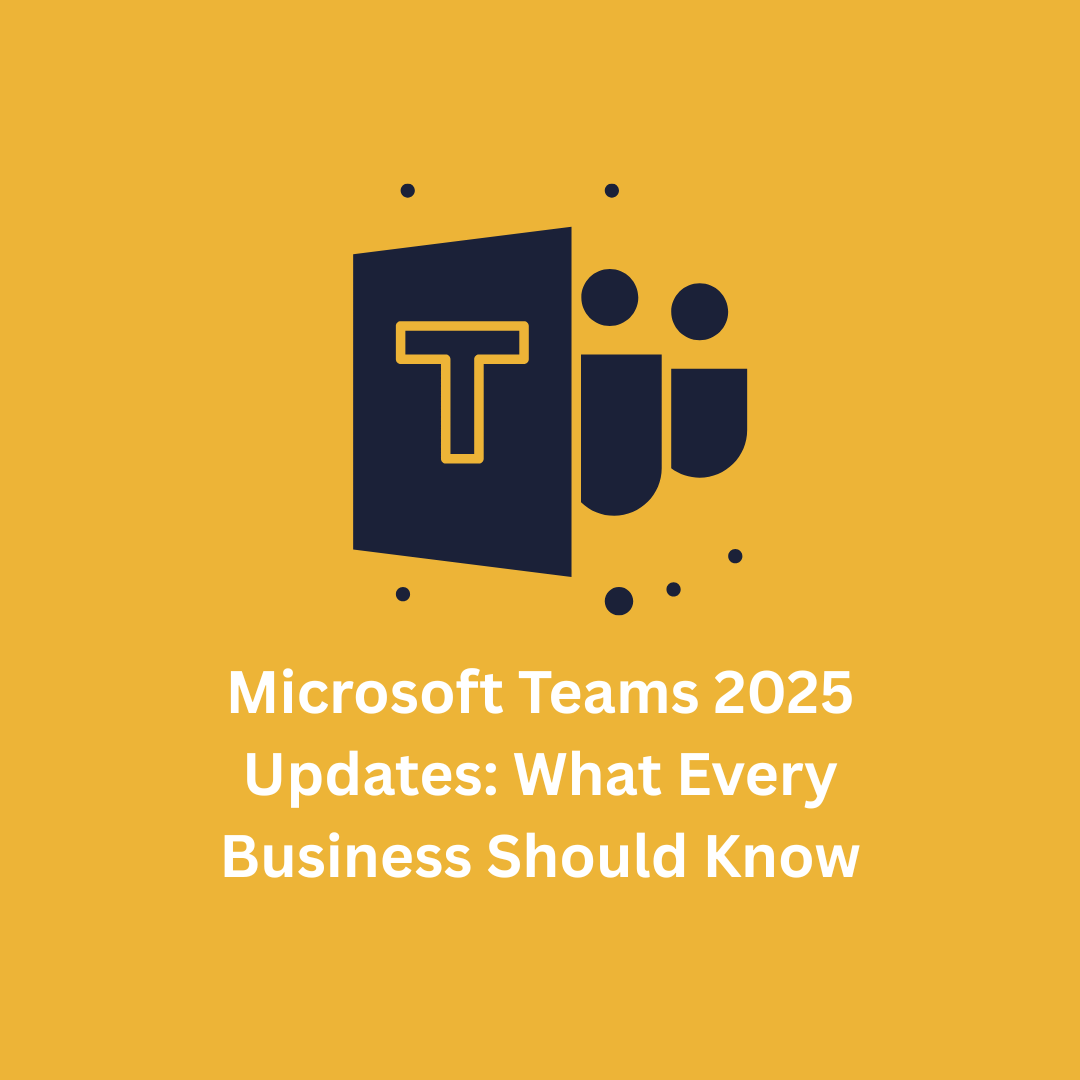
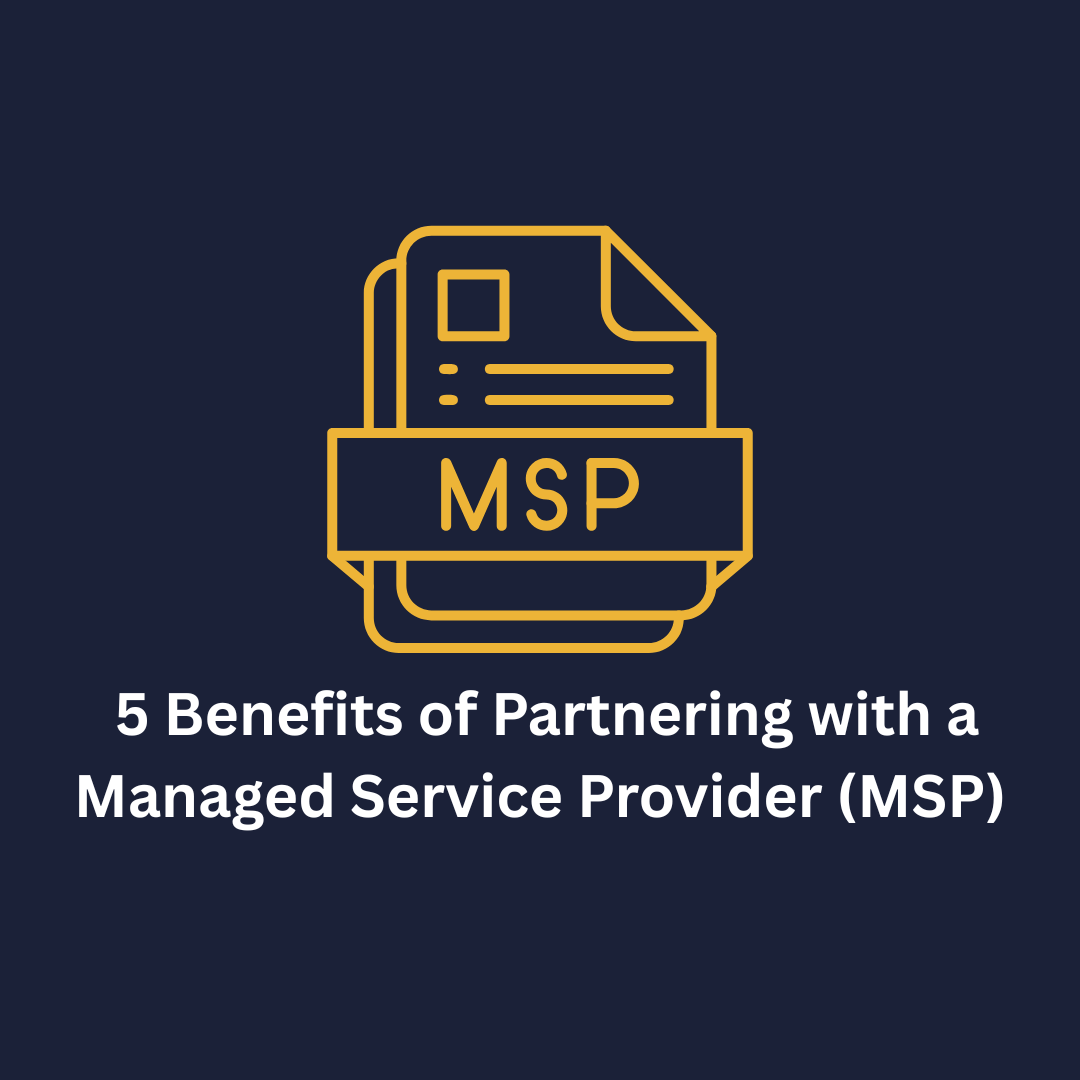
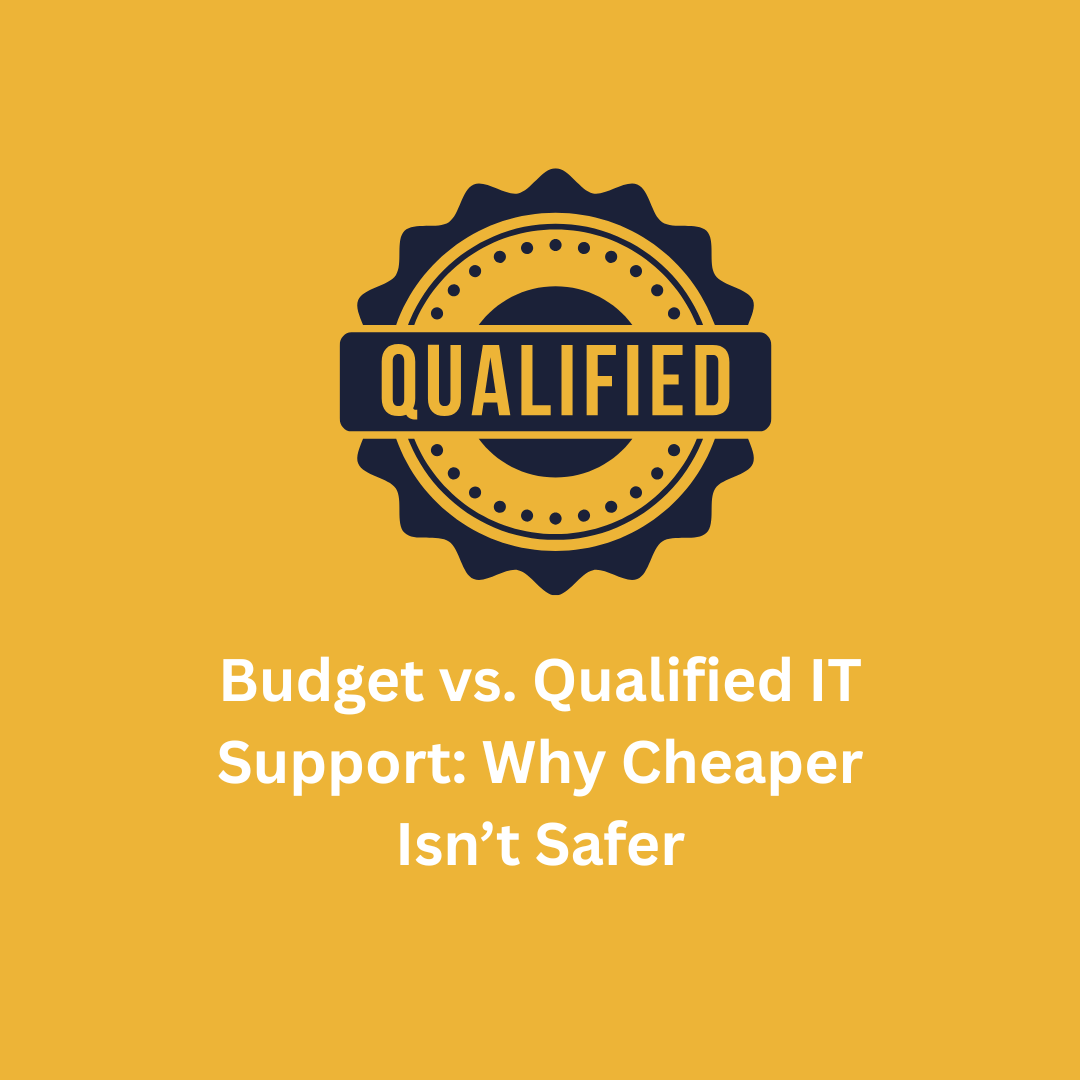
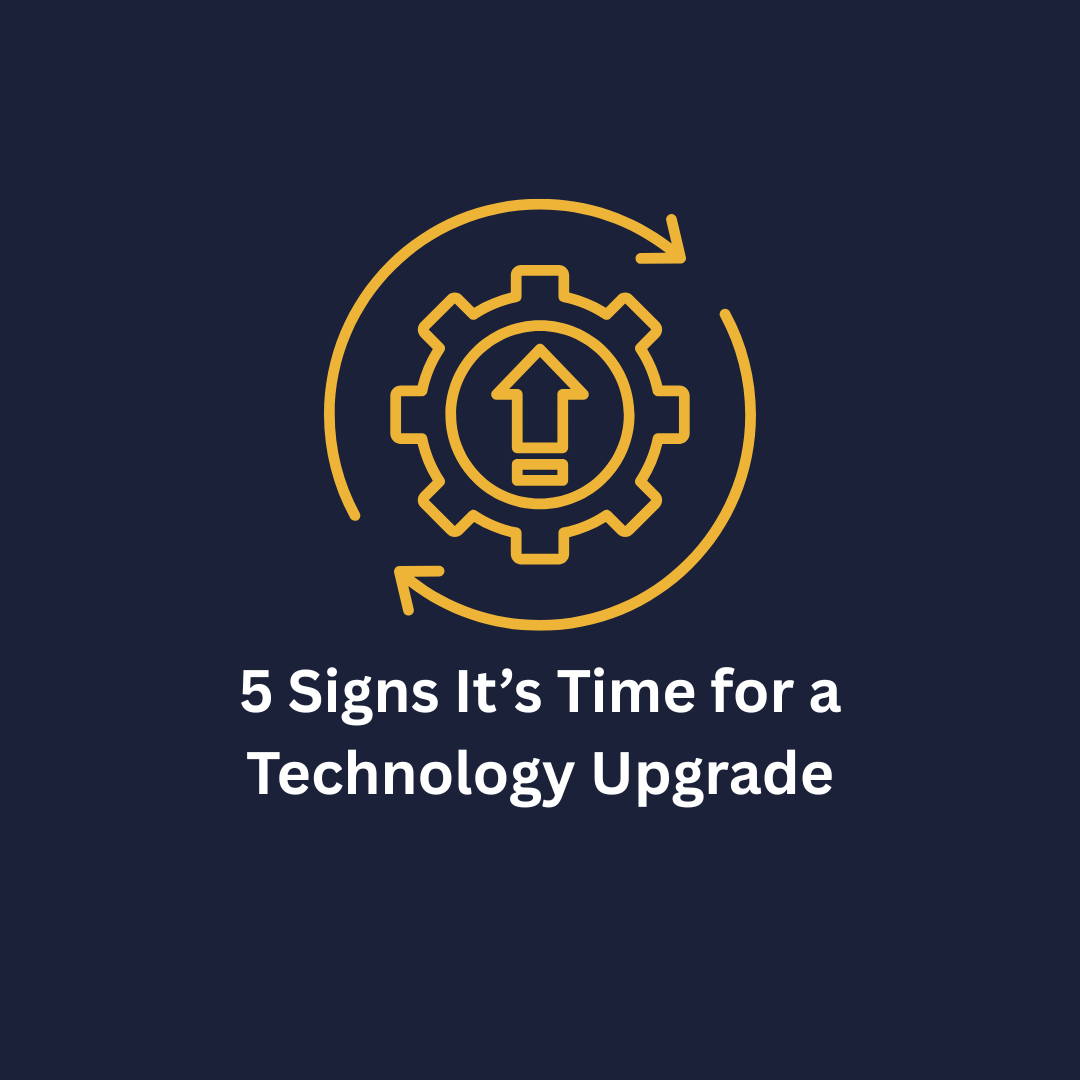

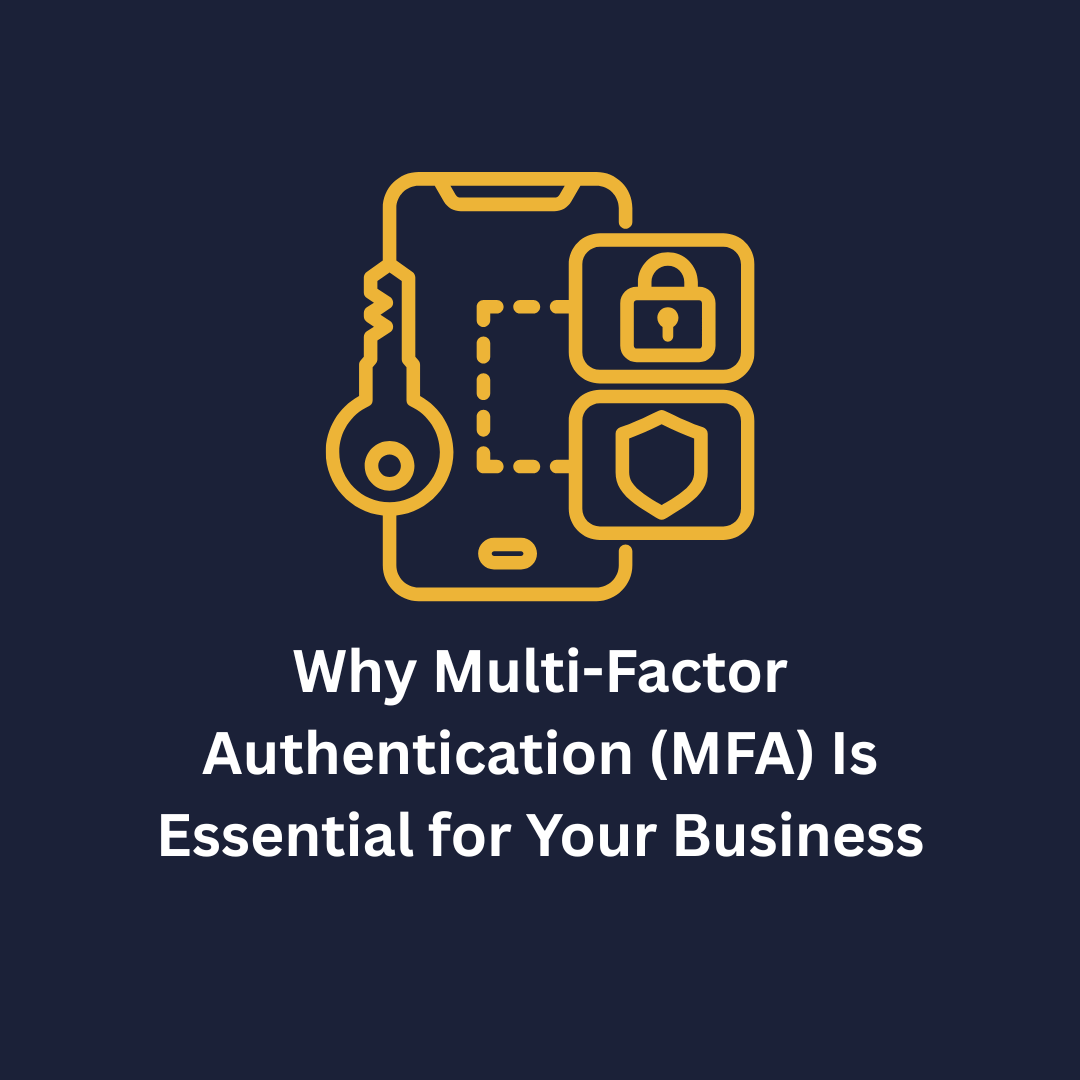
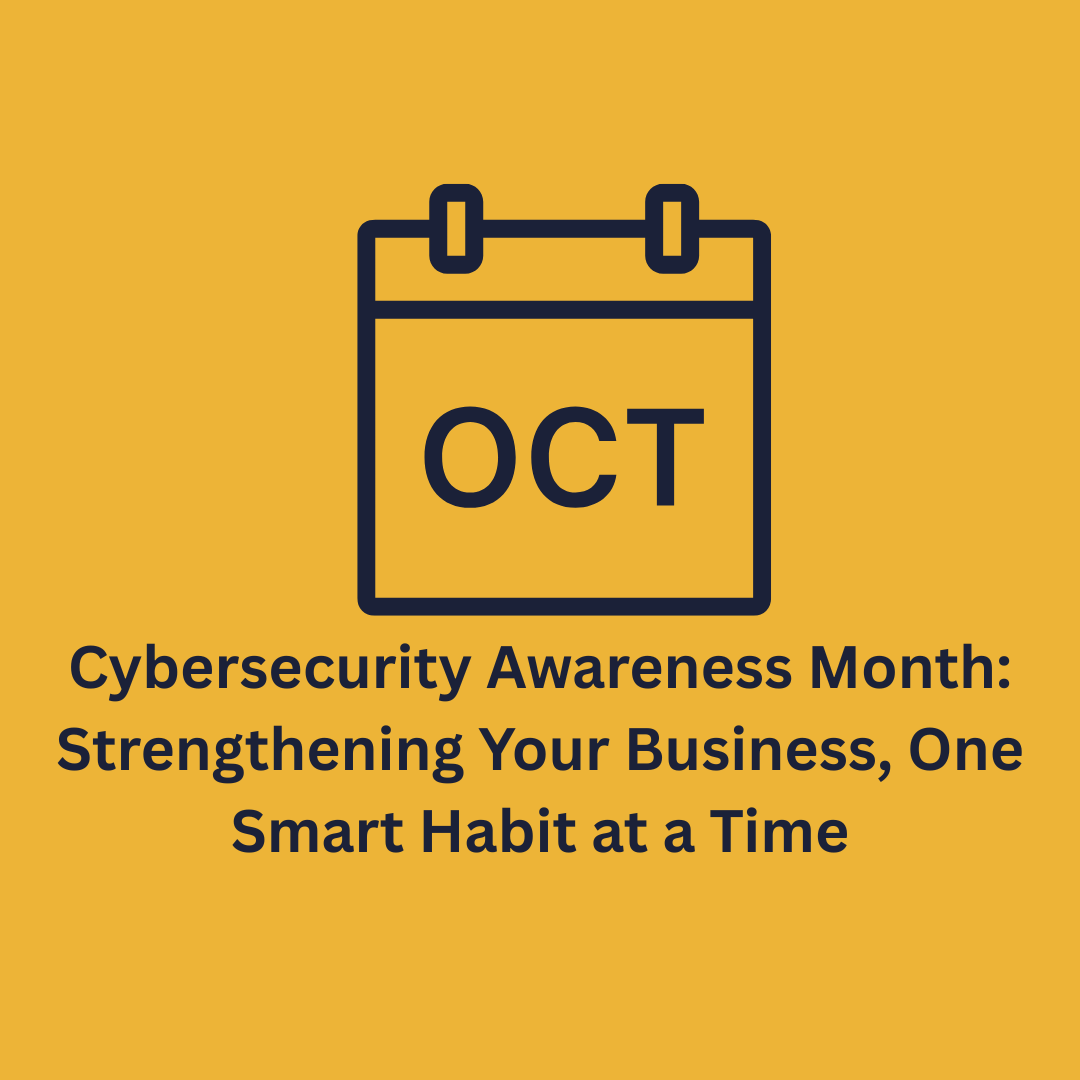
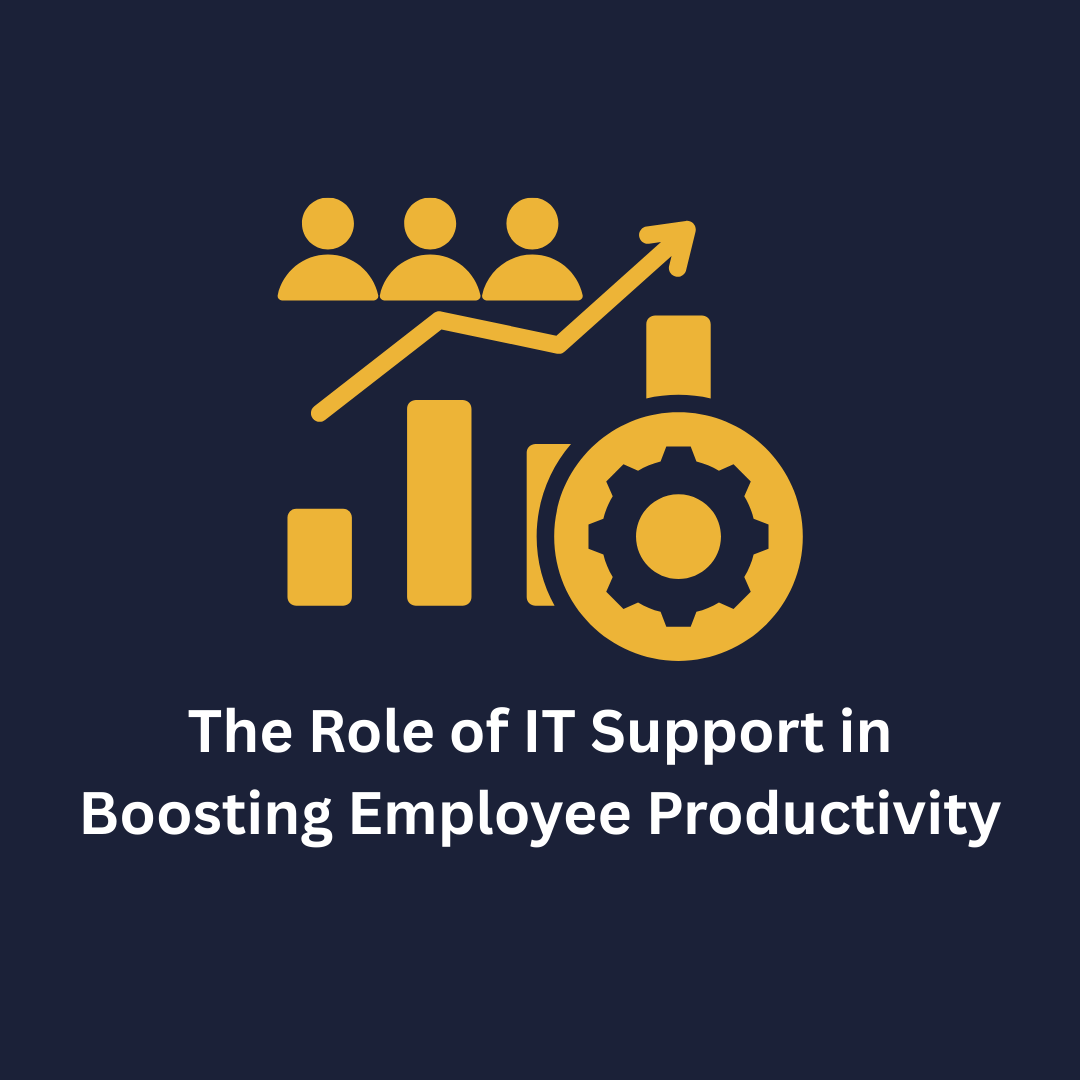
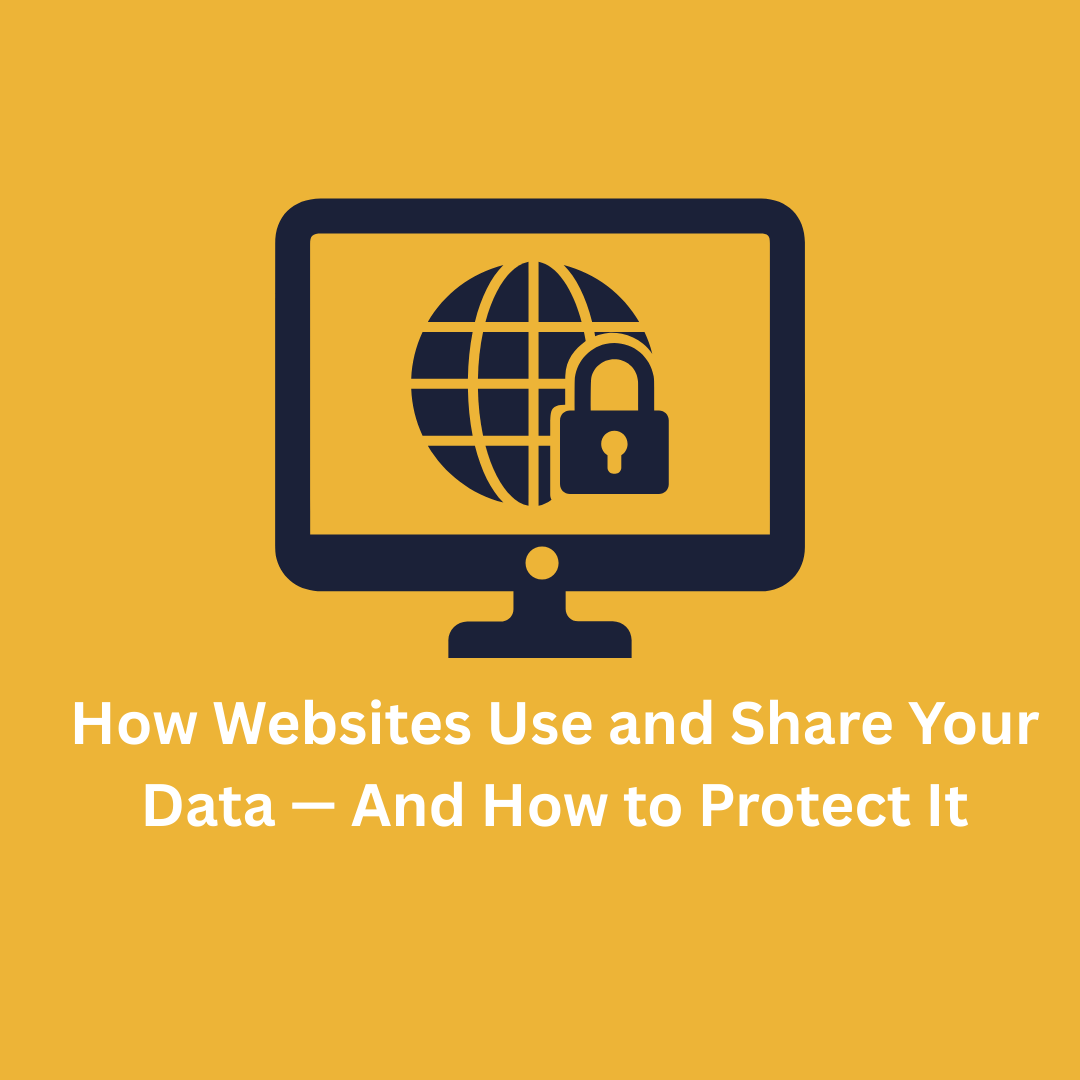

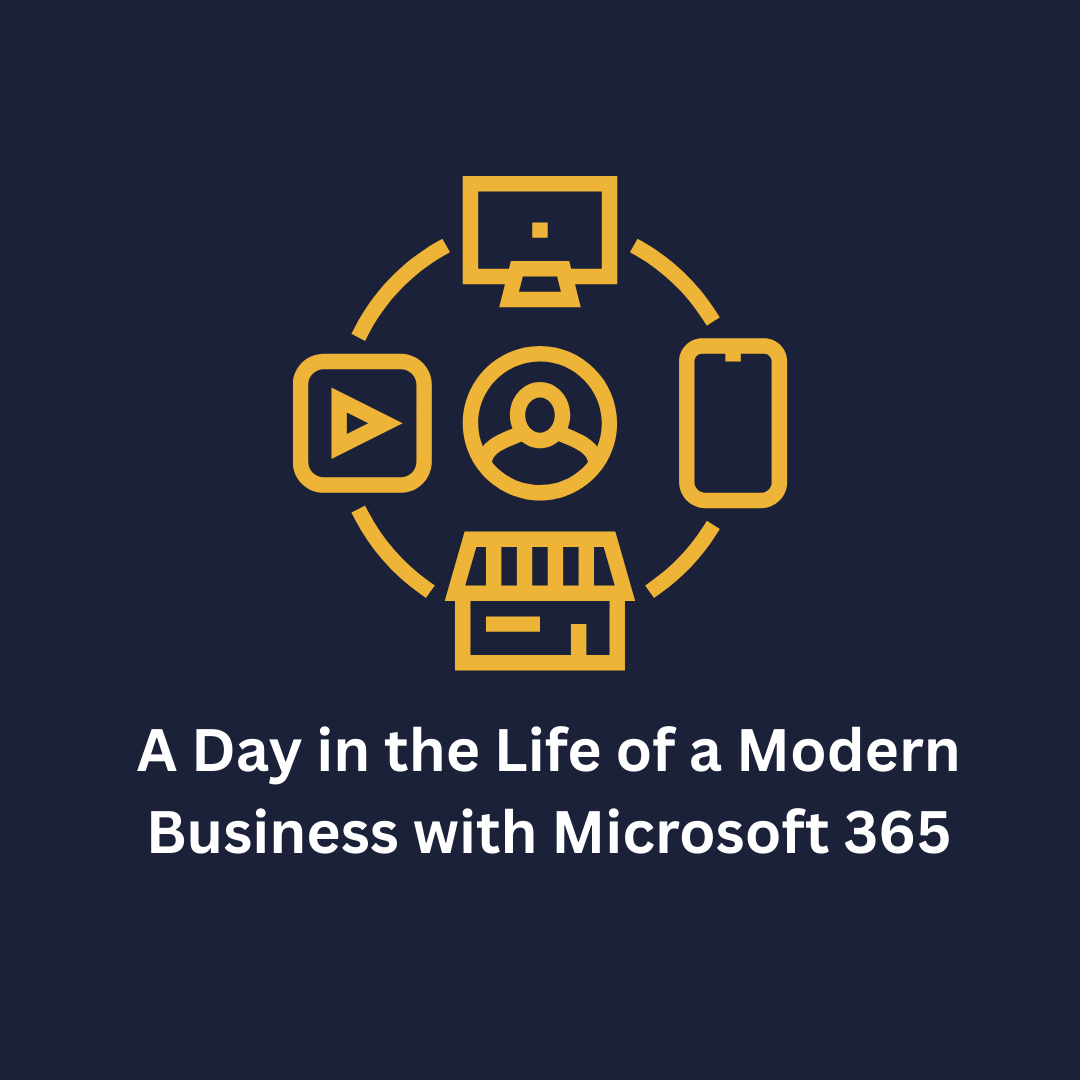
.png)

